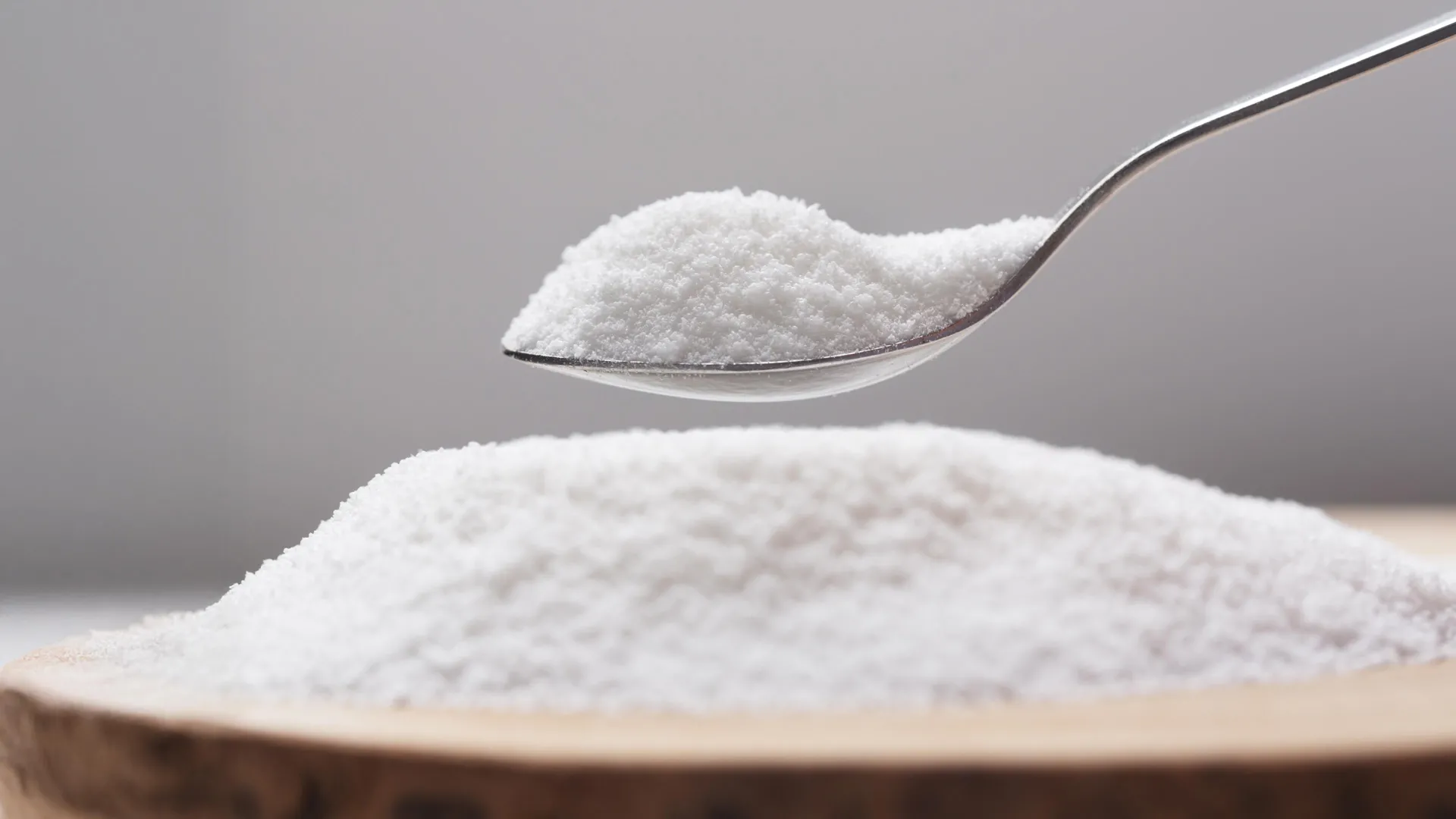Now Reading: Popular Supplement May Counter Hidden Risks of Sucralose
-
01
Popular Supplement May Counter Hidden Risks of Sucralose
Popular Supplement May Counter Hidden Risks of Sucralose

Swift Summary
- Subject: new research from the University of Pittsburgh and UPMC Hillman Cancer center found that high consumption of sucralose, a sugar substitute, negatively impacted outcomes for cancer patients undergoing immunotherapy.
- key Findings:
– Patients wiht melanoma and non-small cell lung cancer consuming high levels of sucralose showed poorer response to immunotherapy and reduced survival rates compared to those with low sucralose intake.
– Mouse studies confirmed that sucralose disrupted gut bacteria, depleting arginine, an amino acid critical for T cell function during anti-PD1 therapy.
– Supplementing mice with arginine or citrulline reversed the negative effects of sucralose on tumor control and immunotherapy efficacy.
- Human Relevance:
– A study on diet history among 132 cancer patients supported findings that sucralose hindered effectiveness across diffrent cancers and treatments.
- Future Directions:
– researchers plan clinical trials exploring citrulline supplementation in humans to counteract microbiome disruptions caused by artificial sweeteners.
Indian Opinion Analysis
The findings underscore significant implications not only for global healthcare but also for india’s growing reliance on sugar substitutes in tackling rising diabetes rates. With artificial sweeteners like sucralose being marketed as healthier options domestically, this study calls attention to potential risks affecting vulnerable populations such as cancer patients undergoing advanced treatment like immunotherapy.
Should further human trials confirm these results, policymakers might consider regulating artificial sweetener consumption or educating citizens about their impacts on gut health, especially given India’s emerging immunity-focused approaches in oncology. Additionally, exploring simple solutions such as targeted nutritional supplements might offer a balanced path forward without drastically altering dietary habits during medical treatments.
India must also prioritize widespread research into the effects of other commonly consumed sugar substitutes (e.g., aspartame or stevia) within local contexts to proactively guide public health strategies.
























